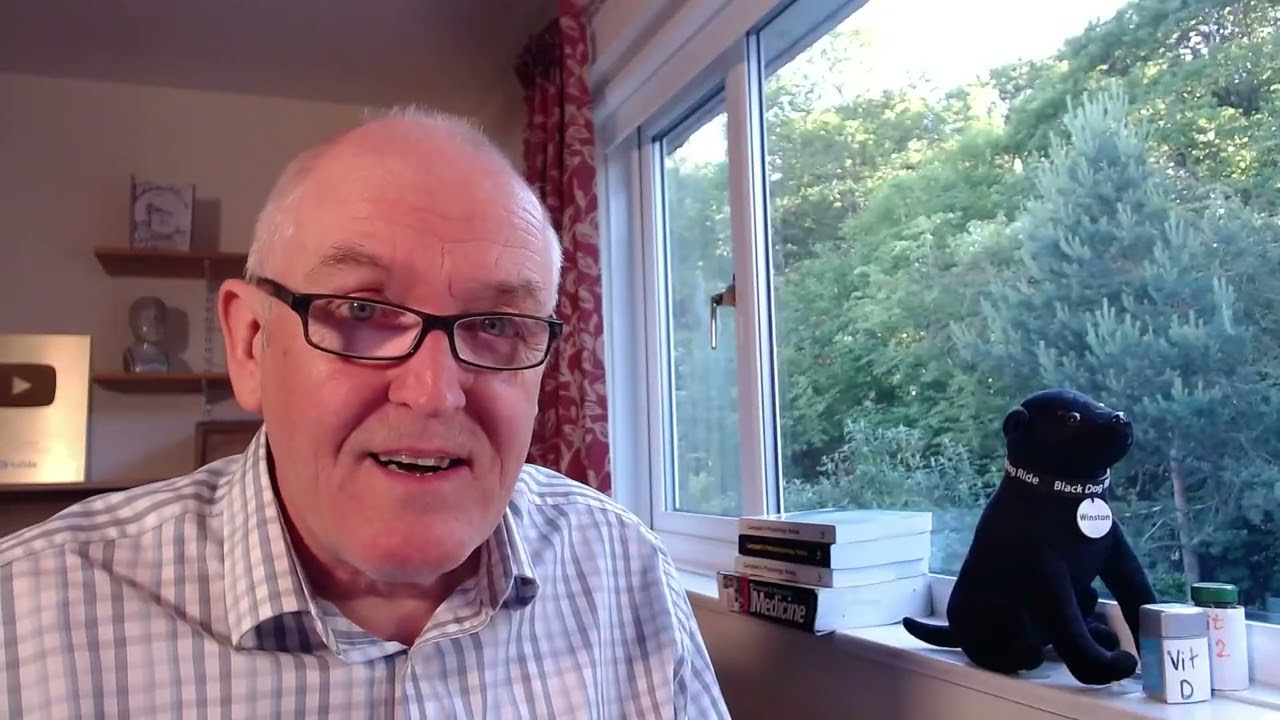I got my two teen age children double vaxxed for COVID19 during the time period when our local and State hospital system was nearing the limits of being able to be further reinforced regarding ICU capacity, by making additional and emergency ICU facilities. And the national medical supply chain was fully strained.
Without those signals, I would not have gotten my children vaccinated against COVID19, given the extremely, extremely low fatality and adverse post infection numbers regarding children.
And given those signals do not exist presently, nor are there momentum signals in that direction, I have no intention of getting my children further vaxxed against COVID19, unless new data presents, or those signals occur.
Also, the U.S. has been rather unscientific regarding refusing to recognize post infection antibodies as a form of protection, that if shown to be present, should be regarded as a surrogate for vaccine like protection.
Which is very ironic, because vaccines are a surrogate for post infection resistance, historically.
But, we had an awful lot of politics surrounding this pandemic, and how it was handled.
Rather than science, on when masks are appropriate, and when they are silly, vaccines, and other therapeutics.
And neither the Democrats nor the Republicans conducted themselves very well, nor very scientifically, regarding this issue.

